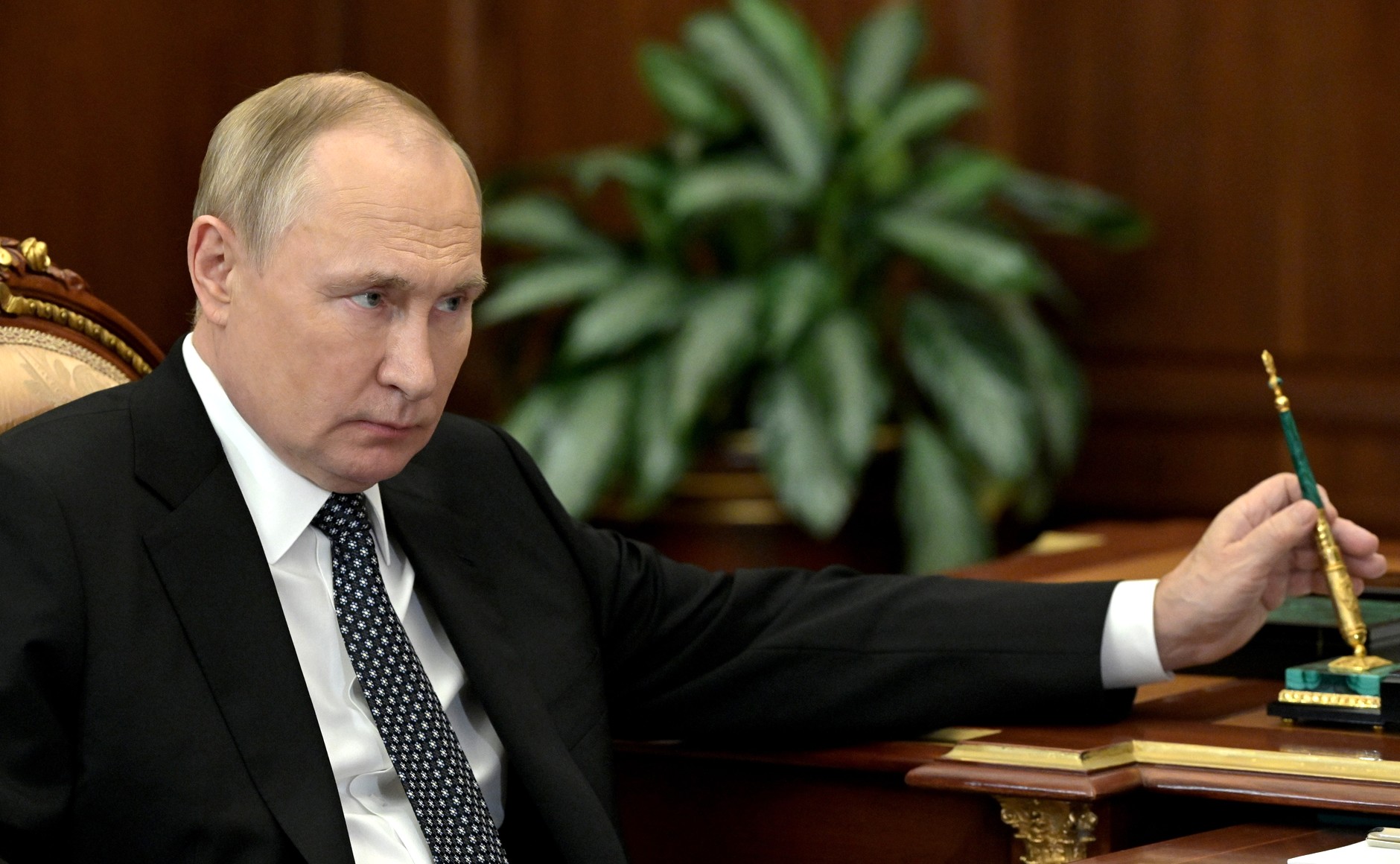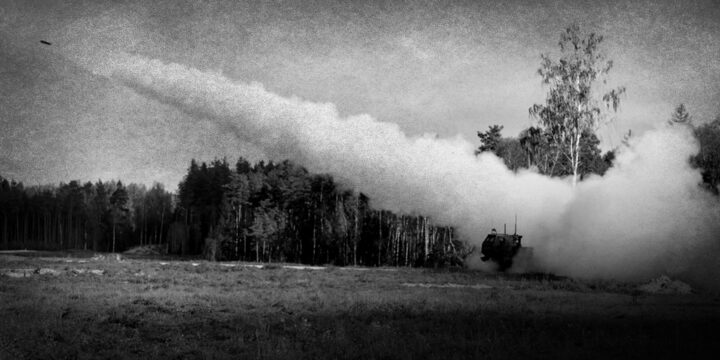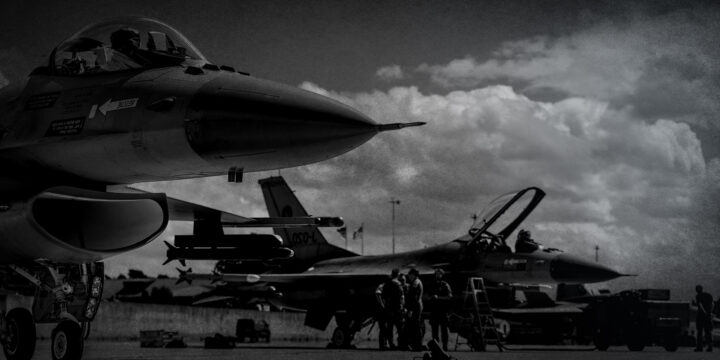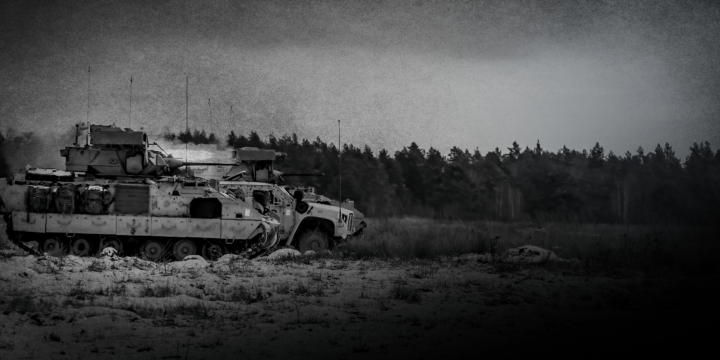
As the second anniversary of Russia’s invasion of Ukraine approaches, it has become a commonplace that time favors President Vladimir Putin. With Ukraine running low on weaponry and ammunition, American military assistance in doubt and Russia determined to fight on, Ukrainian victory now seems out of reach. Some influential experts go further, insisting that Kyiv will suffer only more death and destruction by persisting and should seek a political settlement with Moscow — even if it requires sacrificing territory.
And yet, for all that, Mr. Putin’s war has failed. As Carl von Clausewitz famously stressed, war is not ultimately about killing people and destroying things: It’s a means to achieve specific political ends. Those who start wars expect to be in a better strategic position once the gunfire stops. But even if this war ends with Russia retaining all the Ukrainian land it now holds—a scenario Ukrainians would find more than unpalatable—Moscow’s position will be worse. No matter what, Ukraine will go its own way. For Mr. Putin, more concerned by Ukraine than any other country that arose from the wreckage of the Soviet Union, that alone is tantamount to defeat.
If the fundamental purpose of Mr. Putin’s war was to keep Ukraine within Russia’s orbit—politically, culturally and economically—it has had the opposite effect. Ukraine’s leaders and citizens, particularly those from younger generations, have decided that their future lies with the West, not Russia. The prevalence of this mind-set became increasingly palpable over the course of four trips I have taken to Ukraine since the invasion; no visitor to Ukraine will fail to be struck by its many daily manifestations. Everywhere you go, Ukrainians speak Western languages, particularly English, in seemingly ever greater numbers.
Read article in The New York Times
Author

Rajan
Menon
Non-Resident Senior Fellow
More on Eurasia

By Daniel Davis
December 17, 2024

Featuring Daniel Davis
December 17, 2024

By Rajan Menon
December 16, 2024





